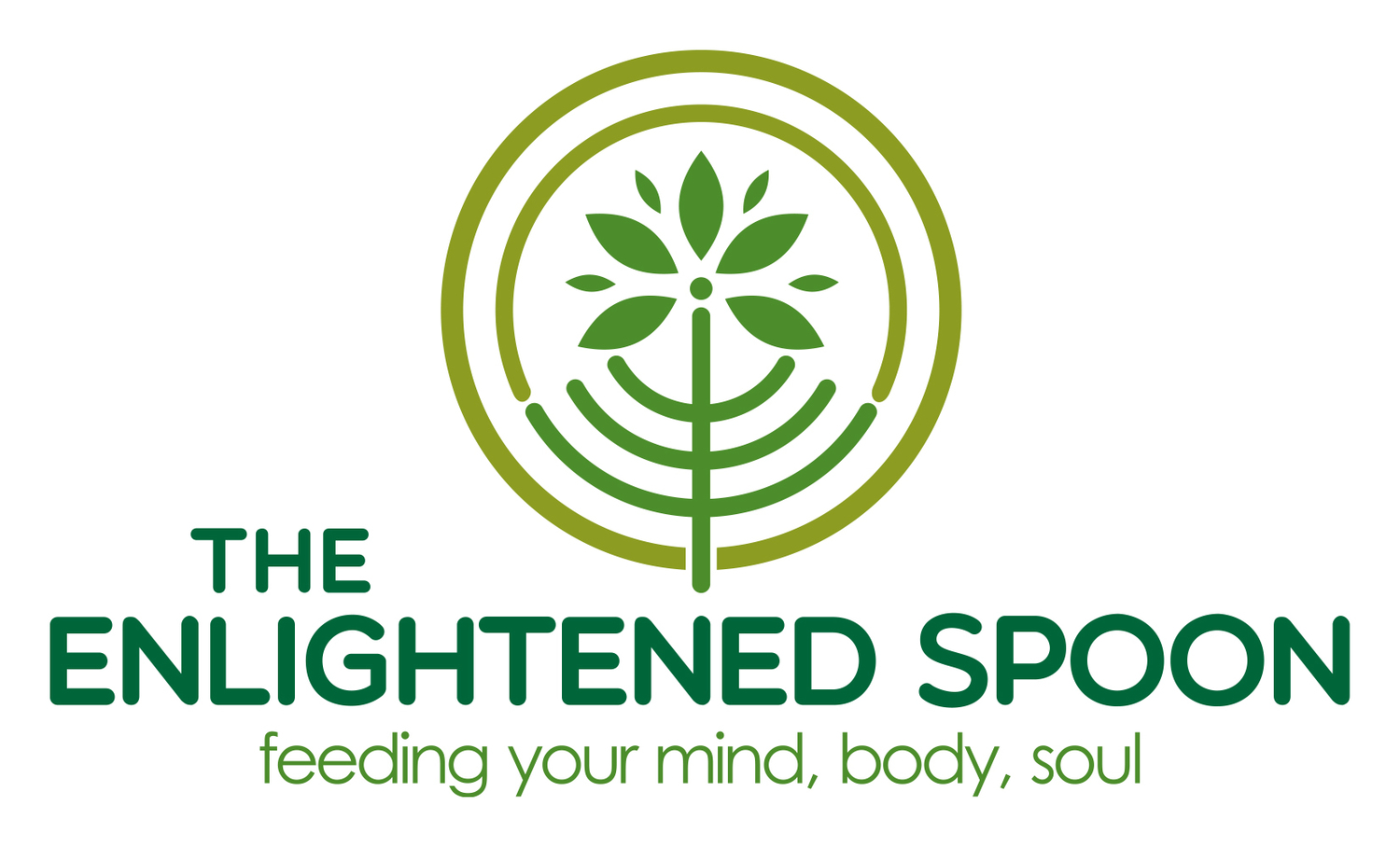Sleep Series, Part 3 - Worst Foods That Affect, Hinder, and Give You Bad Sleep
/Welcome to Part 3 of my 5-part series on how to get a better night’s sleep.
In Part 3, we’ll talk about the foods that can cause insomnia and give you a terrible night’s sleep.
Check back for the other 4 parts which will cover the following:
Part 4: Natural supplements that help sleep.
Part 5: Guided meditations that help sleep.
We covered the various causes of sleeplessness and the best foods for a better sleep in Part 2, so head there to check it out.
Let’s jump into the foods that hinder sleep and why you might want to avoid them.
1. Alcohol
Alcohol is a depressant and has a sedating effect, so you might feel like it helps you fall asleep faster. However, it can disrupt sleep patterns, so the quality of your sleep will be light and interrupted, leading to that groggy, tired sensation after a night of drinking.
The National Sleep Foundation says alcohol not only interrupts alpha-delta sleep patterns (alpha = awake, relaxed state; delta = deep sleep), it also interrupts your sleep-wake cycles, also known as your circadian rhythm.
Alcohol also blocks REM sleep, considered the most restorative type of sleep (occurs approximately 90 minutes after falling asleep).
As alcohol causes your whole body to relax, snoring and sleep apnea are more likely to occur, where the muscles of your throat relax, your tongue falls backwards, and this floppy, narrowing of the throat causes the walls of the throat to vibrate as you breathe. This could lead to a lack of oxygen supplied to the brain, causing you to wake up frequently at night.
Needless to say, the frequent trips to the bathroom at night after a lot of drinking also disturbs your sleep.
2. Caffeine
Caffeine stimulates the nervous system, and is quickly absorbed from the intestines into the bloodstream, crossing the blood-brain barrier into the brain.
In the brain, caffeine binds to adenosine receptors, which prevents adenosine from attaching to them. Because adenosine sends the brain a message that it is time to sleep, blocking these receptors maintains wakefulness.
Age, gender and genetics play a large part in caffeine sensitivity. A DNA test can determine whether you have a low, moderate or high sensitivity to caffeine - what this means is how quickly your body is able to process caffeine.
Eg. I have a high sensitivity to caffeine since I am a slow metabolizer of caffeine. It takes my body at least 8 - 10 hours to process it. If I drink coffee after lunch, I have trouble falling asleep. You certainly don’t need a DNA test to tell you this, but my DNA test confirmed why I’m one of those people who’s up all night if I drink coffee in the afternoon!
Caffeine is found in coffee, black tea, green tea, cola drinks, energy drinks and chocolate.
So if you have a moderate sensitivity to caffeine, you’ll want to have your last caffeinated drink about 6 - 8 hours before bed.
If you have a high sensitivity to caffeine, you’ll want to have your last caffeinated drink about 8 - 10 hours before bed (which means no caffeine after lunch!)
3. Nicotine
Nicotine is a stimulant. Aside from the myriad other negative effects on health, smoking close to bedtime can make it hard to fall asleep and stay asleep too.
Research has shown that smokers spend more time in light sleep and less time in deep sleep than non-smokers.
4. Spicy Food
Spicy food late at night may cause heartburn and nausea when lying down, leading to difficulties with falling and staying asleep.
5. Heavy Meals
Similarly, rich, fatty food takes longer to digest and may cause discomfort during the night.
Ensure you eat at least 3 hours before bedtime, and if you have trouble digesting rich, fatty foods, you may want to take some digestive enzymes to help you break down and digest that big meal.
Taking a slow walk after a big meal can also help your digestive system process and break down all that food, helping to ease you into better sleep.
Use Multiple Approaches
Food alone may not help improve your sleep. A “multiple ways” approach using all the tools and practices in this sleep series would likely bring about a higher sleep success rate.
As everyone works differently, try as many of these recommendations as you can until you find something that works for you. Also know that what could work for you today may not work for you another day, since so much depends on other external factors happening in your life at the time.
Stay tuned next week for my Sleep Series - Part 4 on the supplements that can help you get a good night’s sleep.
Enjoyed these tips? Join loads of other busy high achievers who get 5 easy tips from me every month about how to stay fit, healthy and happy when you’re on a time-crunch. It’s my 5 Good Things To Share! Click below to get it.
You might also be interested in these previous articles:











